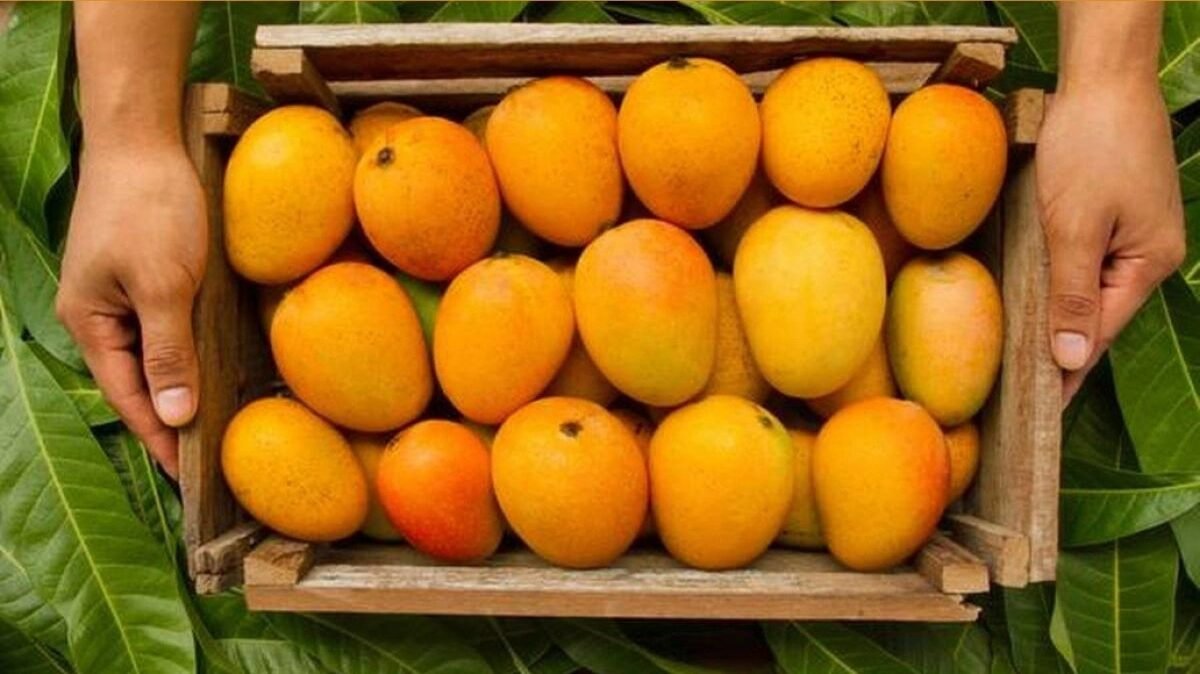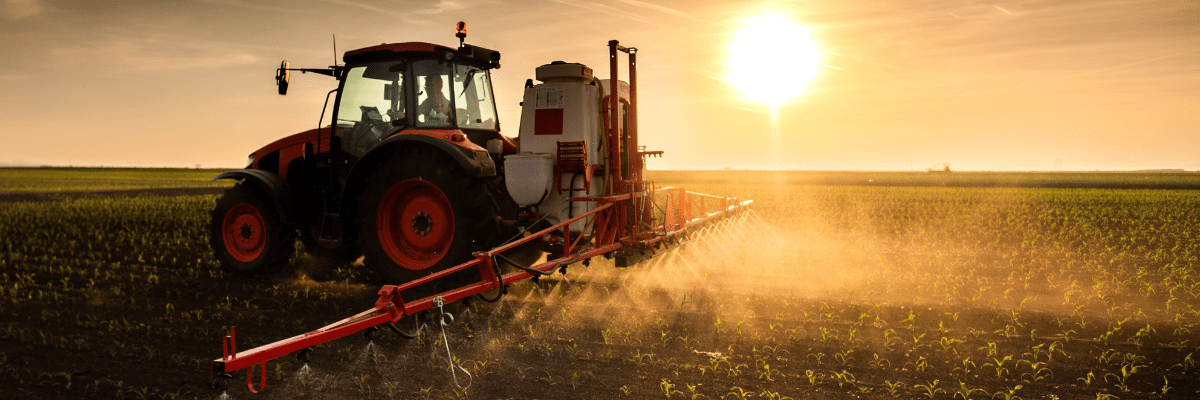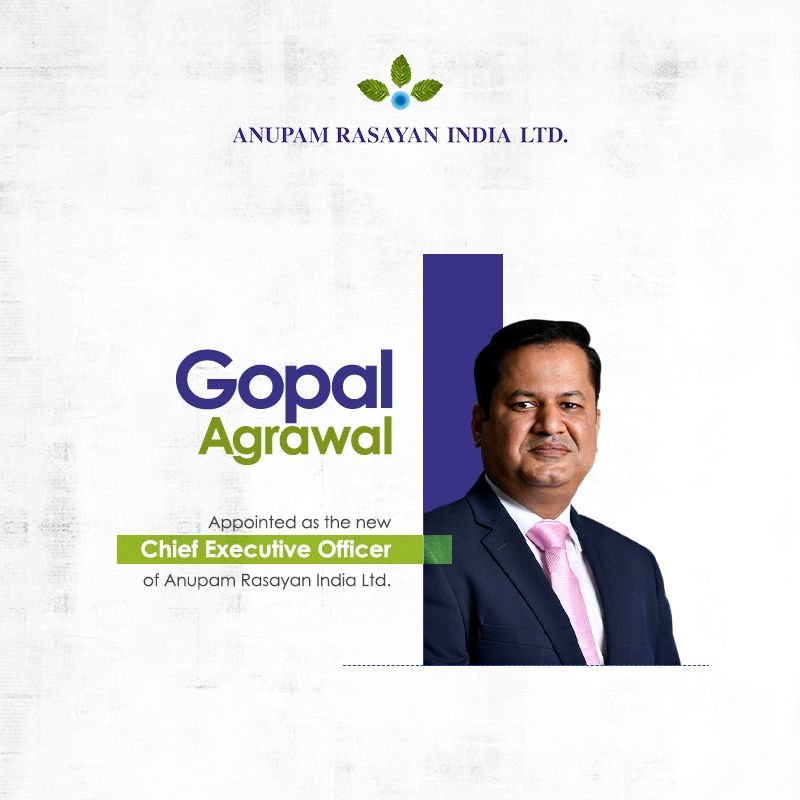FAHD unveils ICAR-CMFRI’s study report ‘Marine Fish Stock Status of India 2022’
According to the study, a resounding 91.1 per cent of the 135 fish stocks assessed in 2022 were deemed healthy, marking a significant milestone in India’s efforts to maintain the sustainability of its marine fisheries.
Parshottam Rupala, Union Minister of Fisheries, Animal Husbandry and Dairying unveiled a study report “Marine Fish Stock Status of India 2022” by the ICAR-Central Marine Fisheries Research Institute during the ‘Sagar Parikrama phase VIII at Kanyakumari, Tamil Nadu.
Union Minister of Fisheries, Animal Husbandry and Dairying unveils ICAR-CMFRI’s study on Marine Fish Stock Status Union Minister of Fisheries, Animal Husbandry and Dairying unveils ICAR-CMFRI’s study on Marine Fish Stock Status.
The report titled ‘Marine Fish Stock Status of India 2022’ reveals that India’s marine fish stock is healthy and sustainable. According to the study, a resounding 91.1 per cent of the 135 fish stocks assessed in 2022 were deemed healthy, marking a significant milestone in India’s efforts to maintain the sustainability of its marine fisheries. The report also highlighted the substantial reduction in unsustainable practices, with just 4.4 per cent of the stocks facing overfishing.
Rupala also released ICAR-CMFRI’s ‘Good Management Practices in Seaweed Farming’ publication. ICAR-CMFRI has identified 333 prospective seaweed farming sites covering 23,950 hectares, aimed at horizontal expansion of seaweed cultivation. India has a seaweed production potential of 9.88 million t wet weight per year while the current production stands at merely 52,107 t wet weight per year. Seaweed farming has the potential to provide revenue up to Rs. 13.28 lakhs per hectare in a year on a dry weight basis.
Rupala visited the Vizhinjam Regional Centre of ICAR-CMFRI, Kerala. The Minister emphasized offshore cage farming, focusing on larger cages capable of accommodating lakhs of juveniles. Shri Rupala emphasized the need for expansion to offshore waters.
Rupala urged ICAR-CMFRI to lead research and development efforts for advanced cages and expand seed production technologies for finfishes in coastal states using PPP mode. He also highlighted the potential of Pearl Oyster production and urged ICAR-CMFRI to take a proactive role in scaling up production.
According to the study, a resounding 91.1














